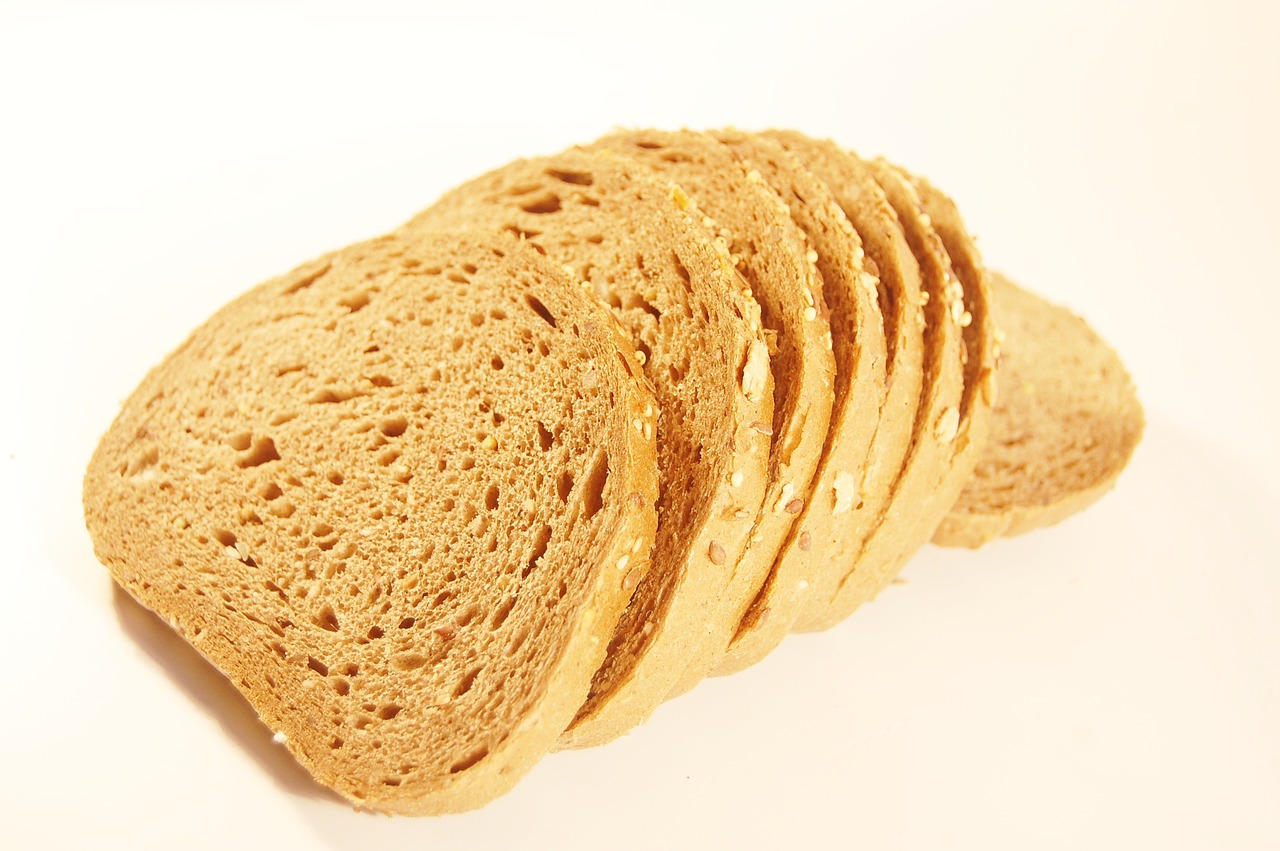The Potential of Almond Protein in Protein Bar Formulations: Bet bhai, Cricket bet 99, Diamondexch9
bet bhai, cricket bet 99, diamondexch9: Almond protein is gaining popularity in the health and fitness world as an excellent plant-based alternative to traditional dairy-based proteins. This versatile protein source offers a wide range of benefits and can be used in various forms, including protein bars. In this article, we will explore the potential of almond protein in protein bar formulations and how it can be a game-changer for those looking for a nutritious and delicious snack option.
Why Choose Almond Protein?
Almond protein is a great option for those who are lactose intolerant or have dairy allergies. It is also suitable for vegans and vegetarians looking for a plant-based protein source. Almond protein is rich in essential amino acids, which are the building blocks of protein that our bodies need to function properly. Additionally, almonds are a good source of healthy fats, fiber, vitamins, and minerals, making almond protein a well-rounded nutritional choice.
Benefits of Almond Protein in Protein Bars
1. High in Protein: Almond protein is a complete protein source, meaning it contains all nine essential amino acids that the body cannot produce on its own. This makes it an excellent option for those looking to boost their protein intake, especially after a workout.
2. Digestibility: Almond protein is easily digestible, making it a gentle option for those with sensitive stomachs. It is less likely to cause bloating or digestive discomfort compared to other protein sources.
3. Nutrient-Rich: Almonds are packed with vitamins, minerals, and antioxidants, which provide added health benefits beyond just protein content. This makes almond protein a nutritious choice for fueling your body.
4. Versatility: Almond protein can easily be incorporated into a variety of protein bar formulations, offering a versatile option for creating different flavors and textures. It can be combined with other plant-based proteins, such as pea or rice protein, to enhance the nutritional profile of protein bars.
5. Texture: Almond protein contributes to a smooth and creamy texture in protein bars, which is appealing to consumers. It can help improve the mouthfeel of protein bars and create a satisfying eating experience.
6. Allergy-Friendly: Almond protein is a hypoallergenic option that is free from common allergens such as dairy, soy, and gluten. This makes it suitable for individuals with food sensitivities or allergies.
Formulating Protein Bars with Almond Protein
When formulating protein bars with almond protein, it is important to consider the protein content, texture, flavor, and overall nutritional profile of the bars. Here are some tips for incorporating almond protein into protein bar formulations:
1. Protein Content: Aim for a protein content of around 15-20 grams per serving in protein bars. Almond protein can be combined with other plant-based proteins to achieve the desired protein level while maintaining a balanced amino acid profile.
2. Texture: Use almond protein to create a smooth and creamy texture in protein bars. It can help bind the ingredients together and prevent the bars from becoming too dry or crumbly.
3. Flavor: Almond protein has a mild nutty flavor that can complement a variety of other flavors in protein bars. Experiment with different flavor combinations, such as chocolate, berry, or vanilla, to create delicious and satisfying protein bars.
4. Sweeteners: Consider using natural sweeteners like maple syrup, honey, or dates to add sweetness to protein bars. Avoid using artificial sweeteners or excessive amounts of sugar to keep the bars healthy and balanced.
5. Add-Ins: Enhance the nutritional value of protein bars by adding nuts, seeds, dried fruits, or superfoods like chia seeds or flaxseeds. These ingredients can provide additional nutrients and texture to the bars.
6. Packaging: Choose packaging that preserves the freshness and quality of protein bars. Consider using resealable pouches or individually wrapped bars for convenience and portability.
Frequently Asked Questions (FAQs):
1. Can almond protein be used as a standalone protein source in protein bars?
Yes, almond protein can be used as a standalone protein source in protein bars. However, combining it with other plant-based proteins can help enhance the overall amino acid profile and nutritional value of the bars.
2. Is almond protein suitable for individuals with nut allergies?
Almond protein is derived from almonds, so it is not suitable for individuals with nut allergies. However, there are other plant-based protein options available, such as pea or rice protein, that are hypoallergenic and suitable for those with nut allergies.
3. Are almond protein bars a good post-workout snack?
Almond protein bars can be a good post-workout snack as they provide a convenient source of protein and energy to help refuel and repair muscles after exercise. Look for protein bars with around 15-20 grams of protein per serving for optimal post-workout recovery.
In conclusion, the potential of almond protein in protein bar formulations is promising for those looking for a nutritious and delicious snack option. Almond protein offers a range of benefits, including high protein content, digestibility, nutrient-rich profile, versatility, texture enhancement, and allergy-friendly properties. By incorporating almond protein into protein bar formulations, you can create tasty and satisfying bars that cater to a wide range of dietary preferences and needs. So, why not give almond protein bars a try and experience the goodness of this plant-based protein source for yourself?







